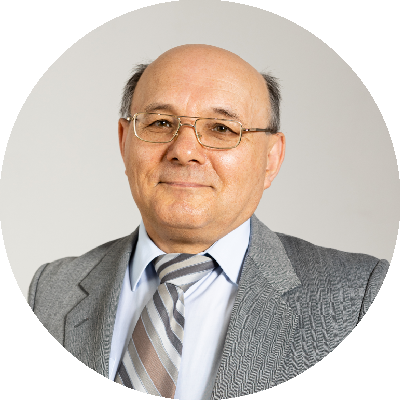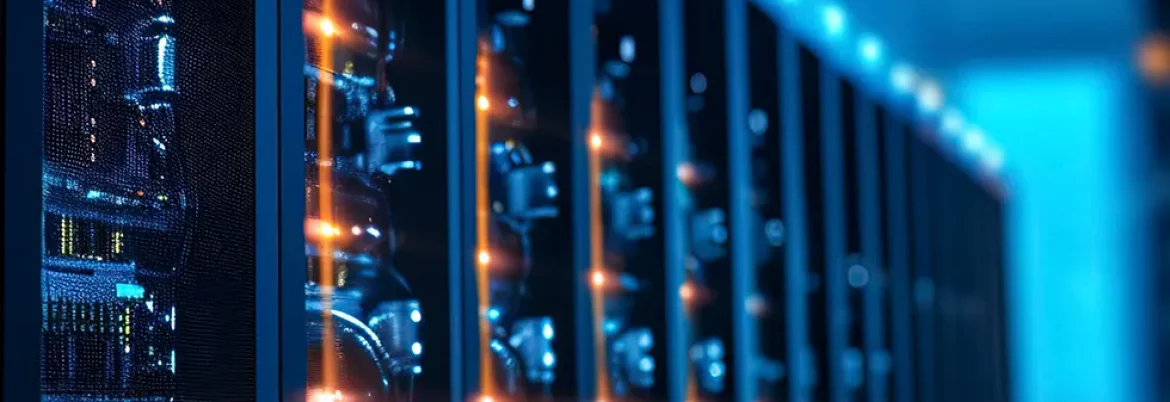Choose – join – be in demand!
Following labor market demand and changes in various professions and industries, TSI updates study programs that meet the industry demand!
The new bachelor’s program COMPUTER ENGINEERING combines the fields of electronics, computer networks and IT to develop the necessary skills and competences demanded by the 4th and 5th Industrial Revolutions.
Awarded academic degree: Bachelor of Engineering in Computer Engineering and Electronics
Specializations (option to choose in the 2nd study year):
Embedded Electronics Systems
Industrial Electronics
Telecommunication Systems and Computer Networks
Complete study program volume: 160 CP | 240 ECTS
Possible forms of education and study languages:
- Full-time – 4 academic years (English, Latvian)
- Part-time – 5 academic years (English, Latvian)
Enrolment requirements: a document of general secondary education (general or special)
“The creation and offer of study programmes are determined by the needs of the labour market, and they are directly related to the demand of the industry – as technology develops, the set of knowledge required for the full use of technology and further development changes. Currently, it is impossible to separate electronic equipment and systems from programming, so the industry needs specialists who are equally well versed in electronic equipment and systems and their programming.”

Director of the Programme
About the Programme
Today’s tech industry offers ready-to-use products, the combination and programming of which is the main task of a computer engineer. One of the top recommended by employers in Latvia, an updated programme combines the fields of computing electronics, industrial electronics, computer networks and telecommunication systems to develop the necessary skills and competences demanded by the 4th and 5th Industrial Revolutions. Professionals from the industry took part in study programme development, highlighting the need of specialists in electronics, with the specific understanding of how devices work and how to combine, integrate and program them, creating a unique functional product. Lectures are taught by both academics and industry experts, who educate on theory, practice, as well as on possible tasks in the industry and ways to solve them. Therefore students get a view at various things through the prism of the real work environment.
The study programme includes following study courses:
Automation of Building Engineering Systems
Control programs Design for Industrial Robots
Cybersecurity
Design of Automated Systems
Development of Automated Industrial Systems
Digital Telecommunication Systems Technologies
Embedded Systems Design
Internet of Things Engineering
Mobile and Satellite Telecommunication Systems
Software Engineering
Wireless Communications and much more.
Lectures are taught by both professors with very deep academic knowledge and industry specialists, who talk in depth about possible problems in the industry and ways to solve them, allowing you to look at various things through the prism of the real work environment. It allows students to analyze the operating principles of embedded and telecommunication systems of various complexity, modern computer networks and industrial automation processor systems, as well as to effectively solve various project and production technological tasks using processors and electronic equipment.
Besides the theory, the programme also includes many practical lessons: students individually or in groups develop new functional devices for embedded electronic and telecommunication systems, computer networks and industrial automation systems. By combining academic and practical knowledge, young specialists, and future graduates of the programme, will be professionally prepared for real life and the Latvian and international labor market.
Moreover during your study you will have an ability to choose one of the following specialisations: Embedded Electronics Systems, Industrial Electronics or Telecommunication Systems or Computer Networks.
Tuition Fee
| Full time | Part time | Distance learning | |
|---|---|---|---|
| Duration | 4 years | 5 years | |
| Tuition fee EUR/year | 3500 EUR | 3500 EUR | |
| Tuition fee for applicants from 🇱🇻 🇱🇹 🇪🇪 🇺🇦 🇪🇺 and EEA, EUR/year | 2700 EUR | 2200 EUR |
Apply for consultation here
Structure of the programme
Block A – Mandatory Courses
| Analogues Electronics | 6.00 | 9.0 |
| Design of Digital Systems | 6.00 | 9.0 |
| Digital Processing of Signals | 6.00 | 9.0 |
| Discrete Mathematics | 6.00 | 9.0 |
| Electronics and Microelectronics | 6.00 | 9.0 |
| Higher Mathematics | 15.00 | 22.5 |
| Physics | 6.00 | 9.0 |
| Probability Theory and Mathematical Statistics | 6.00 | 9.0 |
| Programming | 9.00 | 13.5 |
| Signals and Circuits | 6.00 | 9.0 |
| Theory of Information Coding and Transference | 6.00 | 9.0 |
| Electrical Circuits Theory | 9.00 | 13.5 |
| Introduction to Scientific Research | 3.00 | 4.5 |
| Labour Safety, Civil Defence and Environment Protection | 3.00 | 4.5 |
| Project Management | 3.00 | 4.5 |
| Programming CW | 3.00 | 4.5 |
| Bachelor Thesis (CEE) | 15.00 | 22.5 |
Block B – Specialization Courses
| Advanced Microcontrollers | 6.00 | 9.0 |
| Computer Systems Structure | 6.00 | 9.0 |
| Control programs Design for Industrial Robots | 3.00 | 4.5 |
| Design of Automated Systems | 6.00 | 9.0 |
| Development of Automated Industrial Systems | 6.00 | 9.0 |
| Electronic Sensors and Actuators | 6.00 | 9.0 |
| Embedded Electronic Devices and Programming | 3.00 | 4.5 |
| Industrial Networks of Automation Systems | 6.00 | 9.0 |
| Methods and Devices of Electrical Measurements | 6.00 | 9.0 |
| Microwave Electronic Techniques | 3.00 | 4.5 |
| Programmable Logic Controllers and Their Programming | 6.00 | 9.0 |
| Theory of Radio | 6.00 | 9.0 |
| Digital Units Computer Projecting | 6.00 | 9.0 |
| Electronic Design Automation (EDA) | 6.00 | 9.0 |
| English for Career Management | 3.00 | 4.5 |
| Foreign Language | 3.00 | 4.5 |
| Global Navigation Systems | 3.00 | 4.5 |
| Introduction to Speciality | 3.00 | 4.5 |
| Latvian Language | 3.00 | 4.5 |
| Optical Fiber Systems | 3.00 | 4.5 |
| Optimization Methods | 3.00 | 4.5 |
| Professional English for Information Technologies | 9.00 | 13.5 |
| Reliability Engineering | 3.00 | 4.5 |
| Theory of Automatic Control | 6.00 | 9.0 |
| Group Project | 3.00 | 4.5 |
Block C – Elective Courses
| Subject of Free Choice | 12.00 | 18.0 |
Word from Employer
TSI graduates who come to work with us already understand the field and the main skill provided by higher education - working with information and practical skills. Therefore, TSI graduates enter the work process much faster, especially since they already have basic training and the desire to develop in the industry.
Vitaly Vilims, the CEO of RoboLogic GmbH
